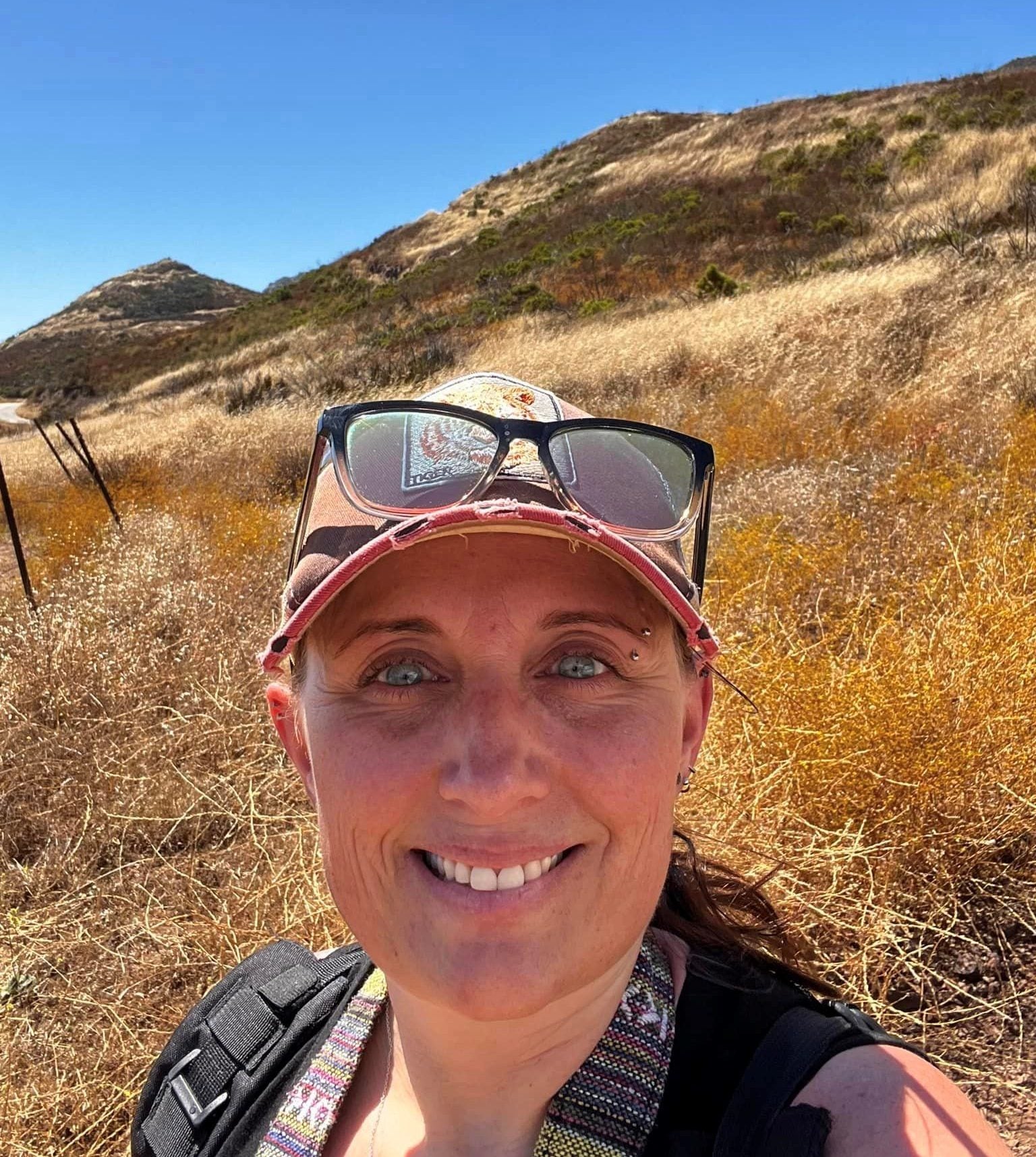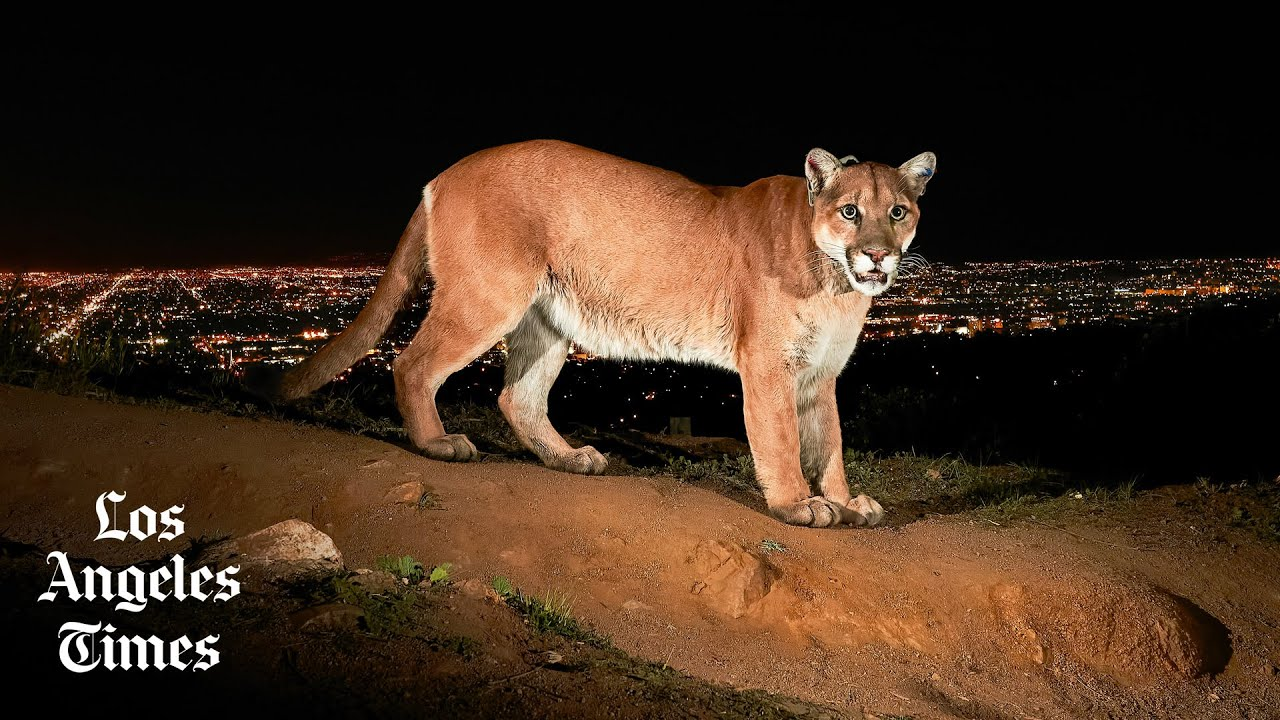
Research Interests & Bio:
My research interests involve inbreeding, inbreeding depression, and population survival, with a specific focus on apex predator species. I am intrigued by the complex interplay between human-wildlife conflict and the ecological dynamics of apex predators with expansive territorial requirements. My dedication lies in understanding the factors influencing fitness declines in these populations and devising strategies to prevent species loss.
As an aspiring ecologist, I am committed to bridging the gap between conservation goals and human needs. I aim to contribute alternative approaches to wildlife research that address the challenges faced by large mammal predators. Given the declines observed in numerous mammal species listed on the International Union for Conservation of Nature Red List, my research aims to leverage mountain lions as a model species. Through this, I seek to advance our understanding of the evolutionary dynamics in small, isolated populations, ultimately working towards the long-term preservation of these apex predators for future generations.
My research extends to aiding conservation efforts by identifying critical genetic populations. This knowledge informs resource allocation and policy decisions, particularly related to habitat protection. Recognizing the crucial role healthy apex predator populations play in maintaining ecosystem balance by naturally controlling prey, my work aligns with broader ecological goals that benefit agriculture, local economies, and recreational spaces.
Before pursuing graduate studies, I dedicated eight years to serving as a medic in the Air Force. Transitioning from this role, my journey led me into academia, where I am now committed to ecological research with a focus on inbreeding, inbreeding depression, and population survival. My goal is to address the challenges faced by large mammal predators, understanding human-wildlife conflicts, and ensuring the coexistence of apex predators and human communities.

Current Research:
My current research centers on employing Genotyping-by-Sequencing (GBS) techniques to evaluate inbreeding in a small, isolated mountain lion population in Southern California, focusing on precise inbreeding estimation and evaluating resulting depression effects. Urban development and highways often isolate these mammals, risking genetic homogeneity and health issues. By leveraging advanced genomics, I aim to shed light on the impact of inbreeding on fitness-related traits by comparing traditional pedigree-based inbreeding measures with novel genomic approaches. The mountain lion population in the Santa Monica Mountains is facing challenges akin to the Florida panthers and serves as a unique study group. With over two decades of National Park Service data, my research aligns with ongoing conservation efforts, such as the Wallis Annenberg Wildlife Crossing project, offering critical insights for the genetic health and conservation management of this vulnerable population.
Please reach out if you have any questions:
casrodrig@ucdavis.edu
